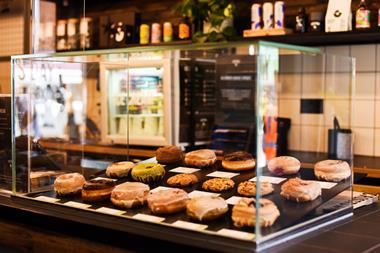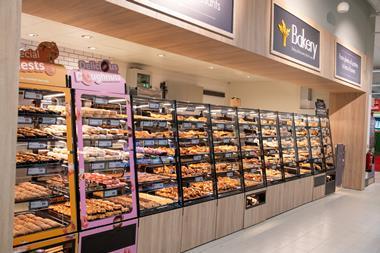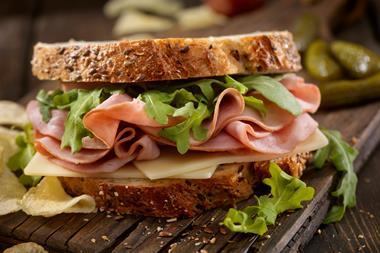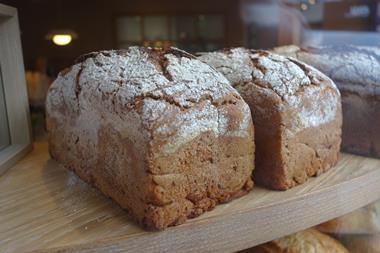Cake and biscuit manufacturers are having to contend with wildly fluctuating sugar and cocoa prices, with little sign that the situation will stabilise in the coming year.
Cocoa prices reached a 29-year high of $3,143/tonne last month 17% higher than a year ago and 62% higher than two years ago following a third consecutive shortfall in the world harvest.
Meanwhile, the price of sugar in Europe, which is set in euros, has fallen by around a third since the EU began reforms of the quota system four years ago, but weakness in the value of sterling in the past year has offset some of these gains for British manufacturers. Between January 2008 and October 2009 the cumulative effect of fluctuations in the value of sterling against the euro added up to an extra £110 on a tonne of sugar, according to data from Renshawnapier. The world price of sugar has increased by around 80% in the past year due to poor harvests in Brazil and India, and increasing global demand, leading to speculation on the market.
Although Europe is largely insulated from world market prices because of the quota system, the EU’s recent reforms mean that more needs to be imported (at the world price), which could have a growing influence on European prices in the long-term. Moving forward, the current world shortfall in sugar supply and increased consumption means world prices "will have to move higher to ration demand", according to sugar broker Czarnikow.
Cocoa prices are also unlikely to fall in the coming year with the 2009/10 West African crop widely expected to be at the same level or lower than last year, which was itself the lowest in 14 years. This is likely to lead to a fourth consecutive year of deficit in world cocoa.



































No comments yet